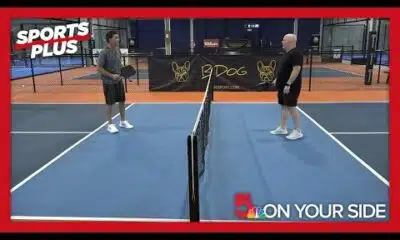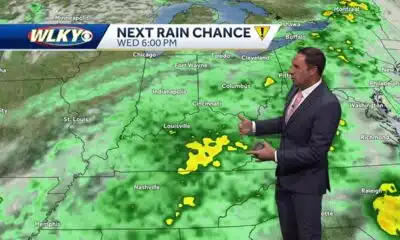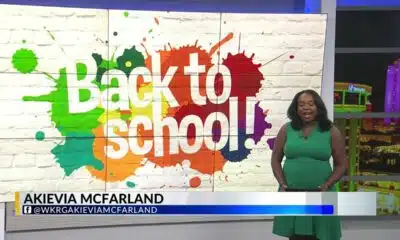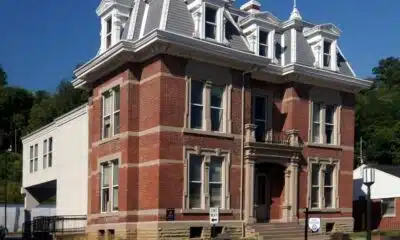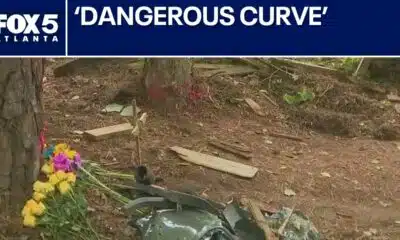(The Center Square) – As U.S. Immigration and Customs Enforcement officers continue to make arrests in the interior of the U.S., U.S. attorneys in Texas are prosecuting illegal border crossers, including previously deported convicted felons.
In one week, they filed nearly 600 immigration related cases, the most of any district in southwest border states.
In the Southern District of Texas, 216 cases were filed from April 11 through 17.
The majority, 119, face illegal entry charges; 11 cases involve human smuggling.
Another 86 illegal border crossers face felony illegal reentry charges. The majority already have felony narcotics, firearms or sexual offense charges.
Those charged with felony reentry face up to 20 years in federal prison if convicted, the U.S. Attorney’s Office said.
Examples include convicted felons and Mexican nationals who were previously deported and illegally reentered the country. Those charged include Alejandro Contreras-Zapata after he was apprehended near Roma, Texas. He was previously sentenced to 20 years in prison for aggravated assault with a deadly weapon. He was deported in March, and illegally reentered the U.S., according to the charges.
Also arrested in Roma, Erika Camacho-Rodriguez, a convicted felon found guilty of human smuggling, was deported in March and again illegally reentered the U.S., according to the charges. Cesar Garcia-Rivas was arrested in Rio Grande City after being deported in 2020 and sentenced to 70 months in prison for kidnapping.
In other cases, juries handed guilty convictions and indictments in human smuggling cases.
A Laredo jury convicted a 25-year-old Laredo woman of attempting to smuggle a 3-year-old boy into the U.S. by claiming he was her biological son and using her son’s Texas birth certificate. She later told investigators she didn’t know his name and picked him up in Nuevo Laredo, Mexico, in exchange for $2,500.
A jury also delivered a guilty verdict in 15 minutes against a Lyford man who was arrested on human smuggling charges and found in possession of child sexual abuse material (CSAM). Authorities found 150 CSAM images on his phone, including of sexual assault of children.
In another case, two illegal foreign nationals and a Laredo man were indicted on various firearms offenses, including possession of two machine gun conversion devices.
In the Western District of Texas, federal prosecutors filed 378 immigration-related criminal cases from April 11 through 17. Those charged also include convicted felons who were previously deported.
In one case, Mexican national Netsai Moreno-Suarez illegally reentered the U.S. after being deported in 2023. She was previously convicted of conspiracy to transport illegal aliens.
In another case, Border Patrol agents arrested Mexican national Arturo Mendoza-Yerbafria near Sanderson for illegal re-entry after he was previously deported three times. He was convicted in 2018 of “bringing in and harboring aliens,” according to the charges.
In another case, Honduran national Efrain Antonio Corroto-Herrera was arrested near Eagle Pass after previously being deported twice. He was previously convicted in Austin two months ago of assault causing bodily injury.
In another case, Border Patrol agents arrested Mexican national Zacarias Bautista-Emiliano on illegal reentry charges after previously being deported five times. His criminal history includes a 2013 felony conviction for lewd or lascivious acts with a child under age 14 and two felony convictions in New Mexico in 2014 and Arizona in 2022.
In Austin, Honduran national Elvin Alexis Canelas-Morillo was taken into federal custody this month after he pleaded guilty to assault causing bodily injury in a 2023 Travis County case. He was previously deported four times; his criminal history includes burglary and evading arrest.
Also in Austin, Mexican national Heber Vivero-Martinez was taken into federal custody after previously being deported twice and voluntarily returning four times. His criminal history includes convictions of assault causing bodily injury and a DWI.
In El Paso, Mexican national Adolfo Martinez-Padron was arrested and charged with illegal re-entry after previously being deported six times. His criminal history includes two felony convictions of possession of a controlled substance, two DWIs, and assault causing bodily injury to a family member.
Also in El Paso, Mexican national Santa Cruz Garcia-Morales was arrested after previously being deported four times and voluntarily departing twice. His criminal history includes a domestic violence conviction in Salt Lake, Utah, and aggravated assault in West Jordan, Utah.
Multiple law federal, state and local enforcement agencies were involved in the cases.





